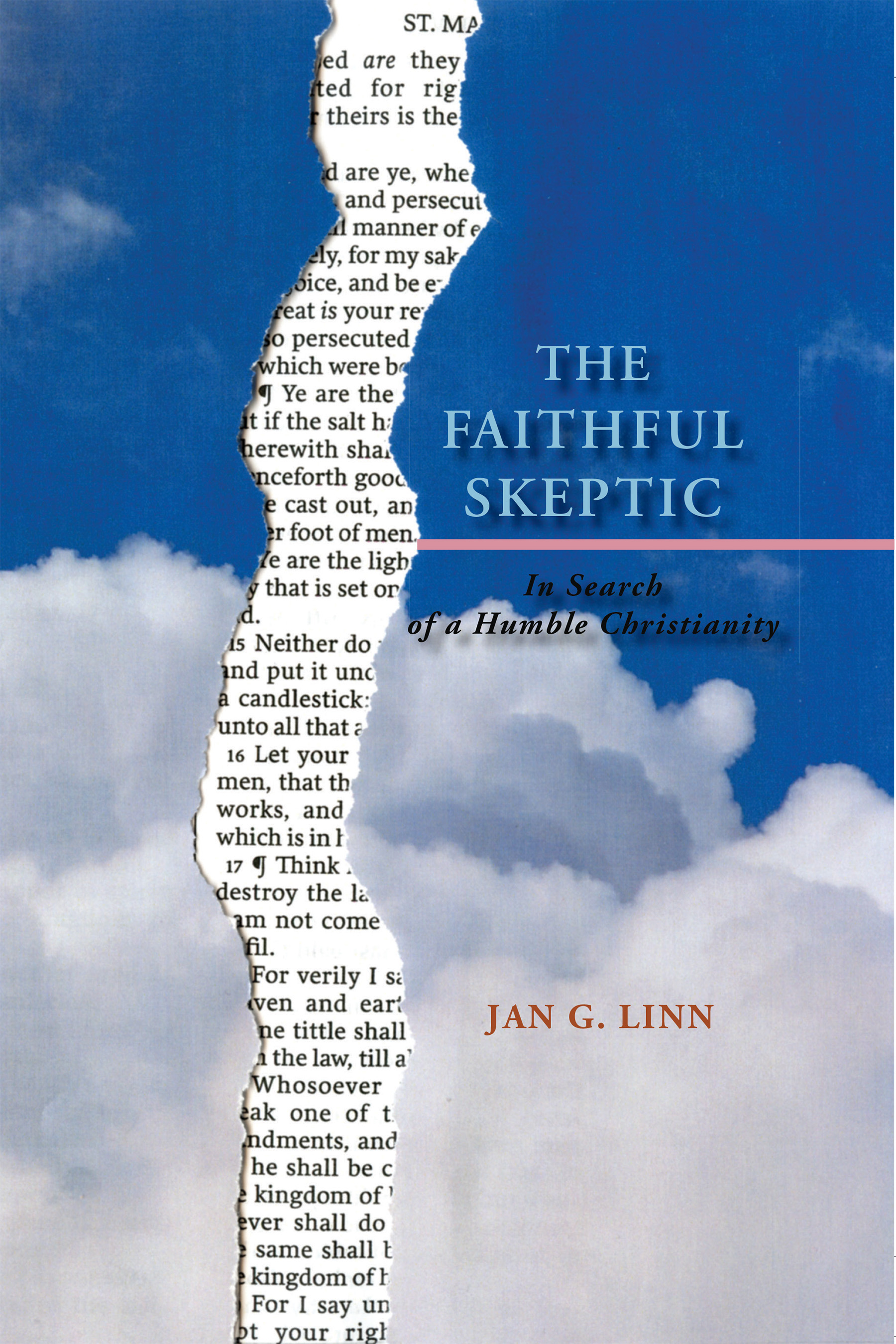A war of choice is the most morally reprehensible decision a political leader can make. Unsurprisingly, Donald Trump made that choice when he bombed Iran.
American military personnel have already died. Trump has said there will probably be more, making it sound as if it’s no big deal. We know, of course, he thinks soldiers who die in war are “suckers and losers,” as he called them when he visited the Aisne‑Marne cemetery in France during his first term.
As for civilian casualties, well, they don’t matter at all. Never mind that 185 Iranian children and their teachers and staff were killed when US/Israeli bombs hit their school. It’s the price they had to pay for Trump’s decision to go to war.
There is nothing more sinister than a war of choice, but that didn’t stop Trump. And get this, he ordered the attack on Iran while hosting a million dollar a plate fund raising dinner at Mar-A-Lago when he paused his activities to go behind closed curtains (I’m not making this stuff up) to start the war and then went back to his guests after the bombings had taken place.
Let that sink in for a minute. How morally depraved do you have to be to do that? To give an order to bomb targets that included (whether intentional or not) an elementary school and then go back to socializing with dinner guests as if nothing had happened?
What is more, neither Trump nor anyone else in his circle of incompetence and corruption has been able to give an unequivocal reason for it.
Making it more morally reprehensible, if that is possible, is the fact that in 2015 President Obama got five other nations (UK, France, Russian, China, Germany) to join the U.S. in negotiating the Joint Comprehensive Plan of Action (JCPOA) with Iran that would have prevented it from developing nuclear weapons.
Trump tore it up last year, claiming it was inadequate, choosing instead to go to war because he could not negotiate a deal at all, being the great negotiator he claims to be not withstanding.
That’s not only morally reprehensible. It’s sickening. That alone should get him impeached, convicted, and removed from office.
That won’t happen, of course, as long as Republicans are in control of Congress. Trump is the reason the Constitution gives the power to wage war solely to Congress, so a president like him doesn’t have the power to engage in a war of choice.
But in the eyes of Republicans, the Constitution be damned. They choose party over country every time.
People who want Democrats to do something to stop what Trump is doing are ignoring reality. They can’t! They can speak out and they’re doing that. They can call for votes in the Senate to reclaim congressional power and they’re doing that. But at the end of the day only Republicans are in a position to stop Trump and they won’t.
Instead of complaining about what Democrats aren’t doing, American voters need to look to ourselves. We are the ones who can stop Trump.
We need to be clear about that and accept responsibility for it. We need to show our own moral courage and vote Republicans out of power. A vote to defeat a Republican is a vote to stop Trump.
It’s very possible this war with Iran will still be going on in November. Defeating Republicans holds the key to the American people stopping it. And it’s the only way to prevent Trump from choosing to engage in another one.
Now is the time for us to mobilize all anti-Trump Americans to ensure we do. OUR VOTES can make it unequivocally clear to him – to all Republicans – to all Democrats – to all independents – and to the world – that American power belongs to “we, the people.”
Sending that message by our votes is how we truly take responsibility for our future. Doing so is not just important, critical, or essential.
It is the most practical way we have to say to the world that we are not complicit in Trump’s morally reprehensible war of choice.
